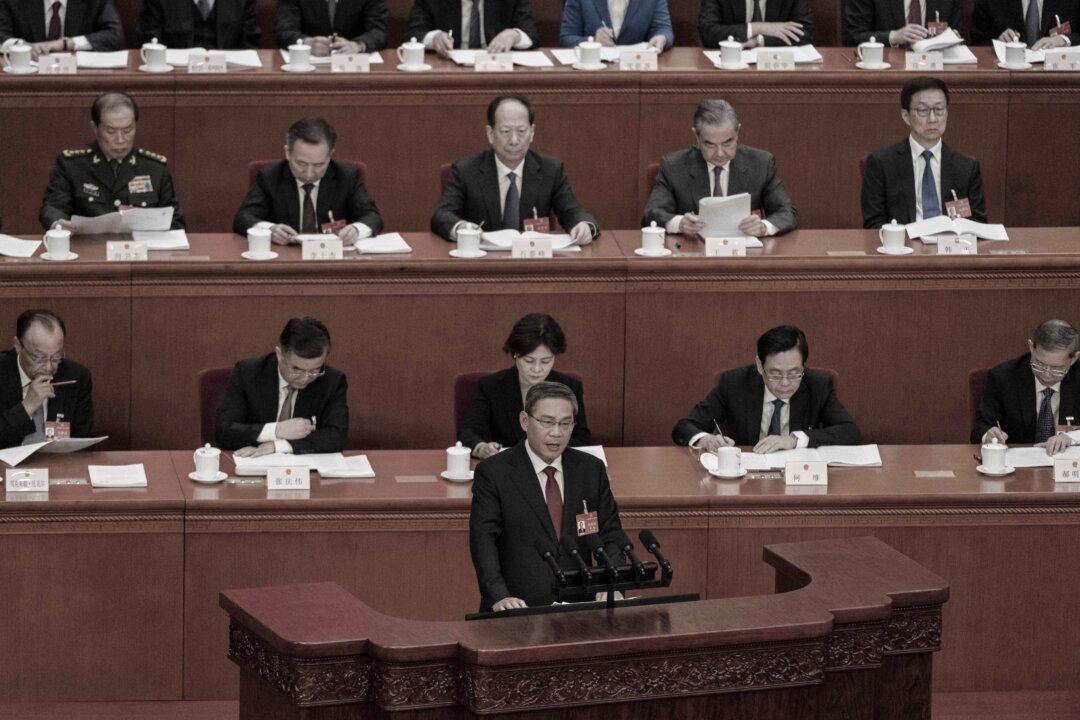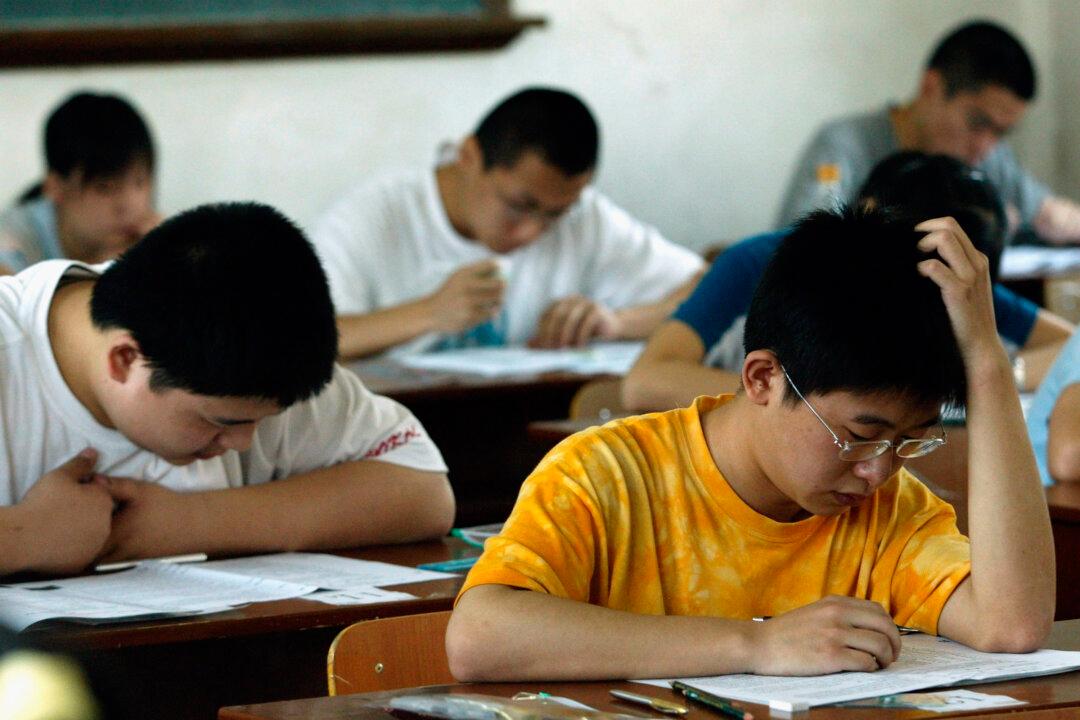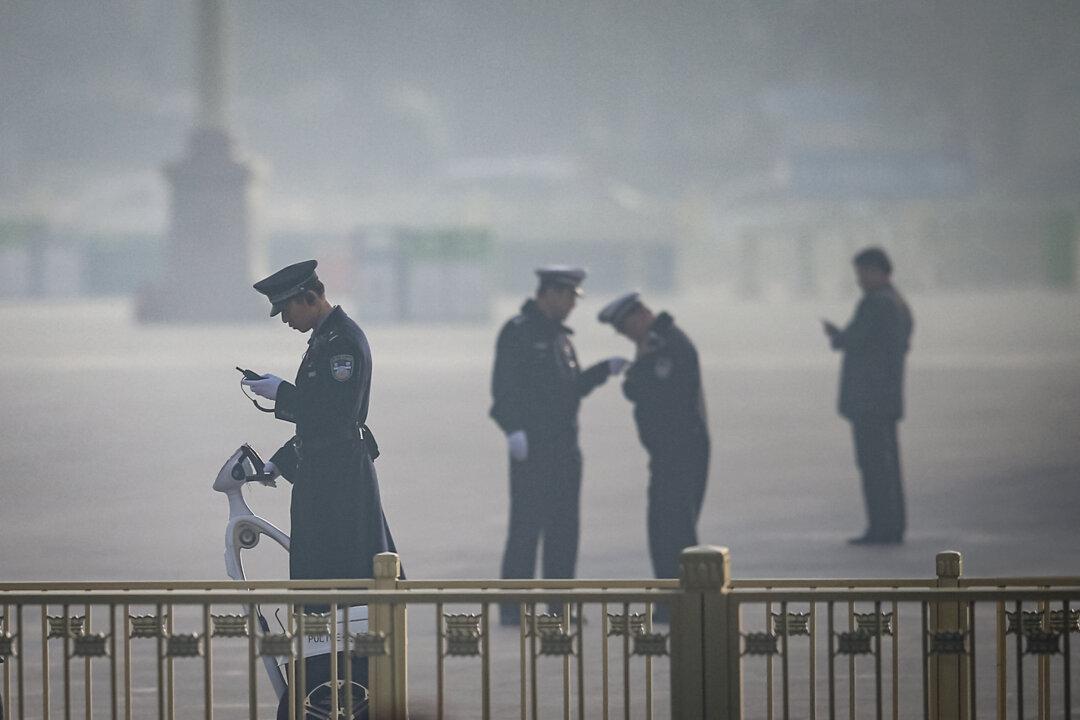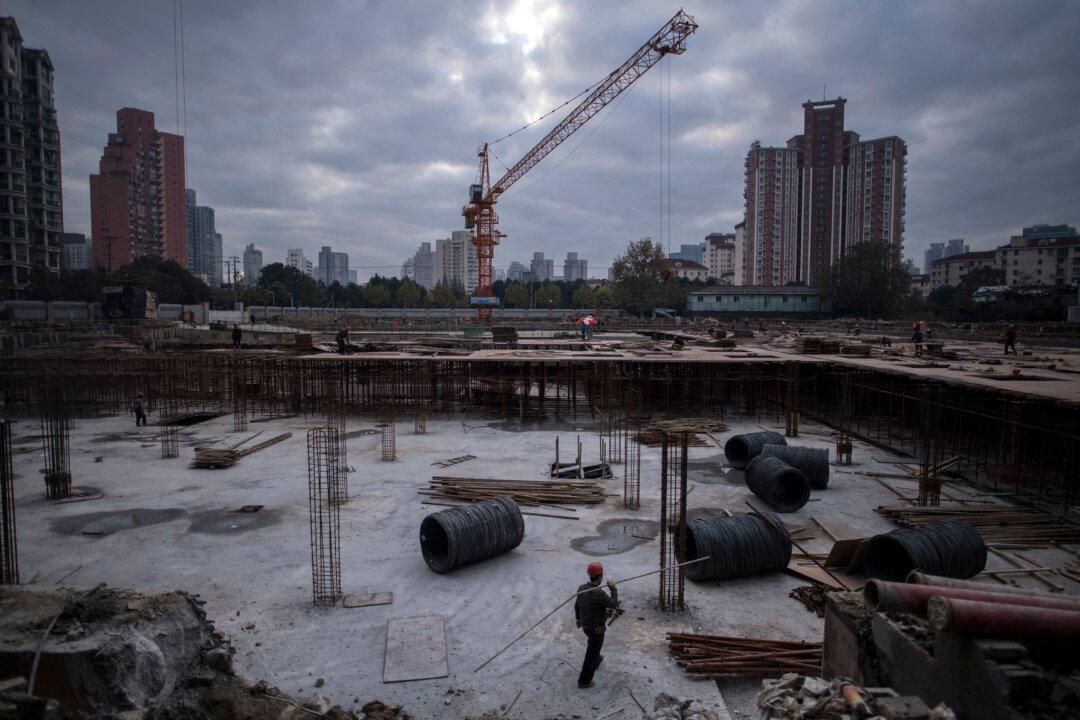Commentary
Over the past 10 years, more than 2 million Chinese Communist Party (CCP) members have been disciplined, and hundreds of thousands of officials have faced criminal charges. Those who are found guilty, particularly if retired, offer no value to the Party, putting them at risk of having their pensions and benefits discontinued and their assets confiscated, enabling the CCP to grow revenue while quelling corruption.





